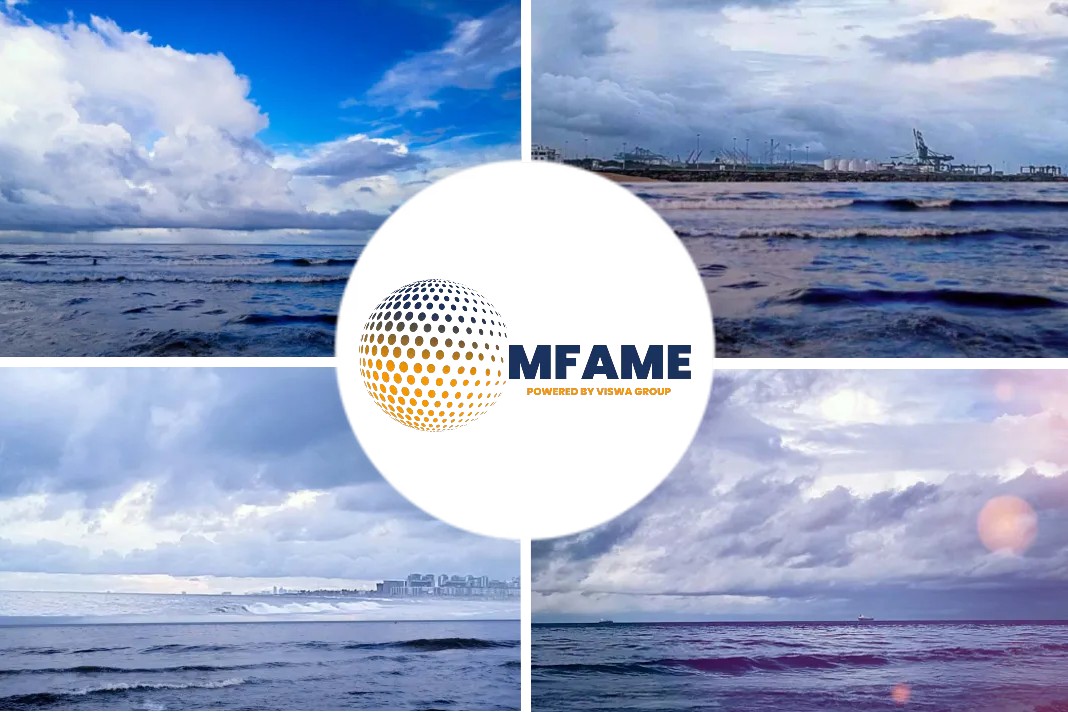- The most natural choice for boilers is to fire them with the vessel’s primary fuel, but methanol’s low-flashpoint nature and the differences in its energy density require a new approach to the burner and fuel supply systems.
- Tests have been conducted using a pressure-atomizing MultiFlame burner on an Alfa Laval Aalborg OS-TCi boiler, as well as a methanol valve unit (MVU) designed by Alfa Laval to meet the class requirements from ABS.
- Alfa Laval’s innovative technologies are dedicated to purifying, refining, and reusing materials, promoting more responsible use of natural resources.
The American Bureau of Shipping (ABS), a maritime classification society, has given Alfa Laval the first marine clearance for operating boilers on methanol. Based on thorough solution testing at the Alfa Laval Test & Training Centre, Alfa Laval achieved approval in principle (AIP) on November 4, 2021, as reported by Alfa Laval.
Methanol
The next anticipated fuel step in decarbonizing the marine industry is methanol, which is liquid at room temperature and carbon-neutral if produced from renewable sources. While methanol can be found on a few ships and is being considered for many more, it has so far only been used in main engines. Methanol operations will need to expand to include boilers in the future.
Lars Skytte Jørgensen, Vice President Technology Development, Energy Systems, Alfa Laval Marine Division, states, “Alfa Laval is looking at the whole breadth of methanol’s influence on board.” “Firing boilers with the vessel’s principal fuel is the most natural choice, but methanol’s low flashpoint and variances in energy density necessitate a different approach to the burner and fuel supply systems. It was critical for us to establish that method, and we are pleased that ABS has approved it.”
Testing and approval
Since early 2021, Alfa Laval has been testing boiler operations with methanol at the Alfa Laval Test & Training Centre, where methanol engine combustion tests are also taking place. The tests were carried out on an Alfa Laval Aalborg OS-TCi boiler with a pressure-atomizing MultiFlame burner and a methanol valve unit (MVU) manufactured by Alfa Laval to meet the ABS class standards.
Initial tests with pure methanol and a methanol-water mixture revealed that methanol is easy to burn and produces very minimal emissions, as expected.
The goal was to achieve the same steam output with methanol – despite its lower heat value – as with oil or gas. After a few tweaks, a solution was found that ensures that a boiler of a particular size may create the same amount of steam regardless of the fuel used. As a result, developers could focus on perfecting the fuel supply system and collaborating with ABS on the methanol AIP more quickly.
“ABS is a pioneer in marine sustainability, and assisting the industry’s transition to alternative fuels such as methanol is a top focus.” ABS Senior Vice President, Global Business Advancement, Vassilios Kroustallis, said, “We are happy to cooperate with Alfa Laval and support this pioneering industry development.”
Energy efficiency
Alfa Laval’s next step after receiving the AIP will be a pilot installation on an oceangoing vessel. Field testing results will be critical in fine-tuning the methanol boiler solution and developing a marketable design.
Meanwhile, Alfa Laval is looking into more optimization options to compensate for the decreased energy density and higher price of methanol. The usage of an Alfa Laval Aalborg Micro economizer in conjunction with the OS-TCi is one of them. The Aalborg Micro would recover vital energy and cut boiler-related fuel usage by around 10% by absorbing waste heat from the boiler’s exhaust gas.
“Moving to methanol will necessitate several adjustments on board, particularly in terms of energy management,” Jørgensen explains. “The Aalborg Micro is a versatile energy efficiency increase that can be used in the boiler or elsewhere. It, together with other Alfa Laval systems in development, will help ships meet their energy needs while consuming the least amount of methanol possible.”
Did you subscribe to our newsletter?
It’s free! Click here to subscribe!
Source: Alfa Laval
















